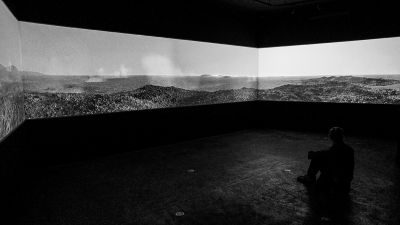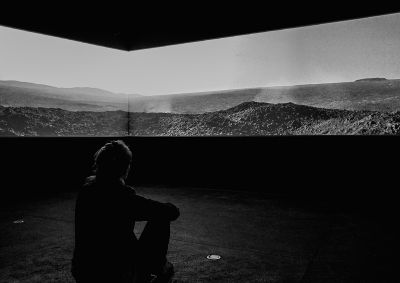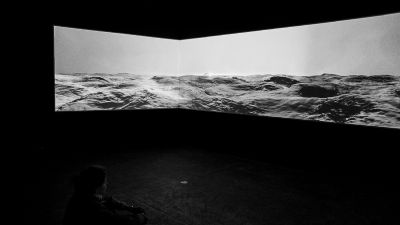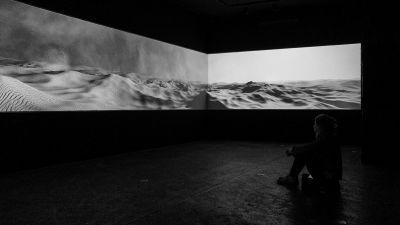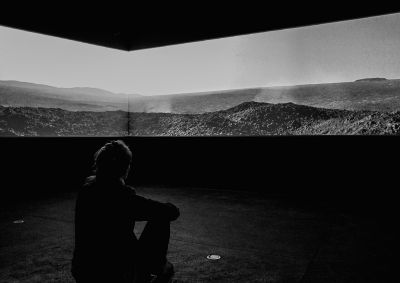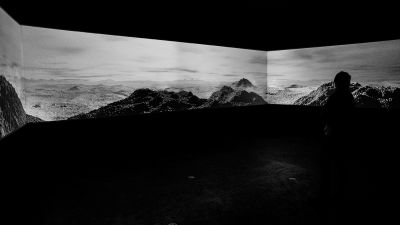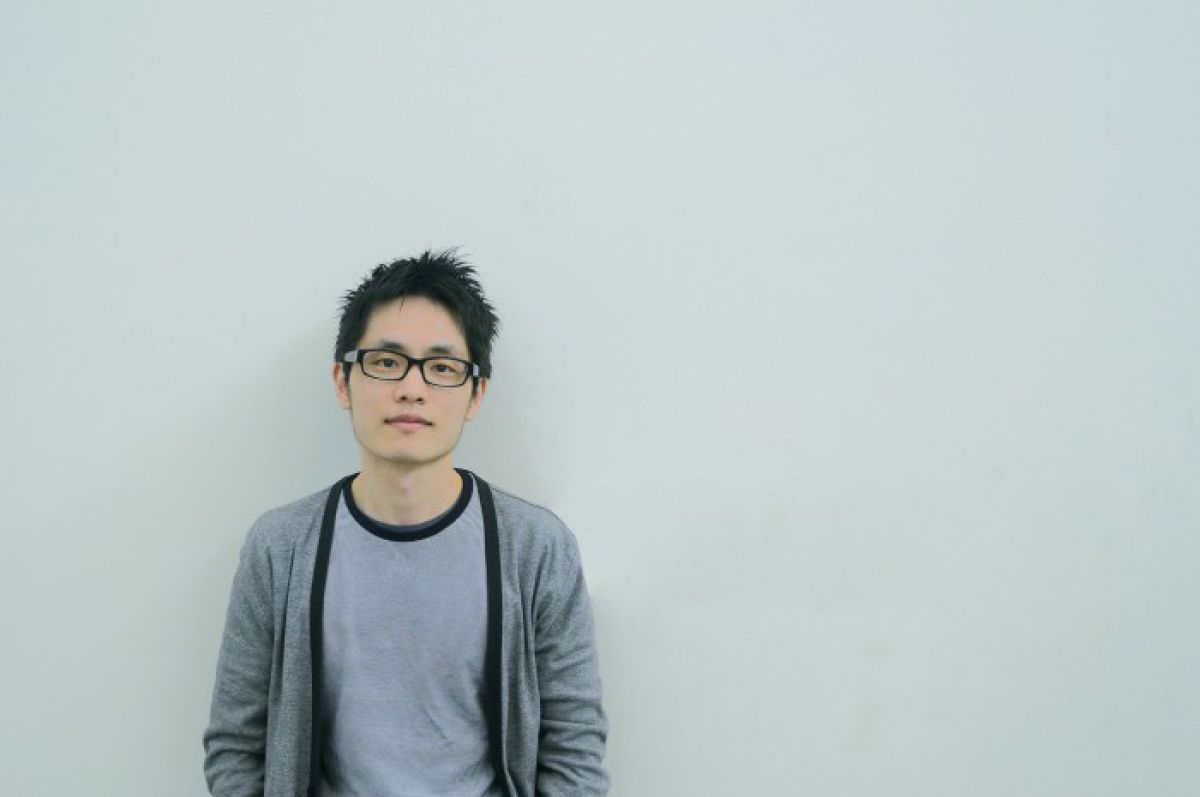
KAYIP
Kayip (WooJun Lee) was born in Seoul, where he currently lives and works. After studying urban architecture, he began gravitating towards music. From 2003 to 2007, he studied music at the Birmingham Conservatory and the Royal College of Music, and released two albums, Kayip in 2005 and Slow Moves in 2007. The singularity of his experimental electro-universe involves slow, hypnotic rhythms and introspective melodies that explore the labyrinths of semi-consciousness through tremendous landscapes.
Kayip’s music was quickly met with success. In 2007, he was awarded a prize from the University of Music in Aberdeen which allowed him to create a piece for the Irish Symphonic Orchestra that was broadcasted by the BBC.
It did not take long for his career to take off. In 2009, Brian Eno chose him to recreate a new live version of his album Apollo (1983) at the Scientific Museum of London, which fell on the 40th anniversary of the Apollo 11 mission. Kayip’s concert during the 2010 Brighton Festival was remembered as the best performance. He is one of the most renowned figures of the Korean electronic music scene today.
Since 2012, Kayip has focused on the connection between sound and image through installations. He has presented several of his pieces in Seoul, including collective exhibitions at the Kumho Museum, at the Ansan Dawson Art Museum, at the Seoul Culture Station 284, and during the Royal Court Festival at the Changgyeonggung Palace. WooJun Lee found his artist name in a Turkish news article during the Izmit in 1999 under the title Kayip, meaning "Lost," that spoke of the odyssey of a father who is looking for his daughter.
